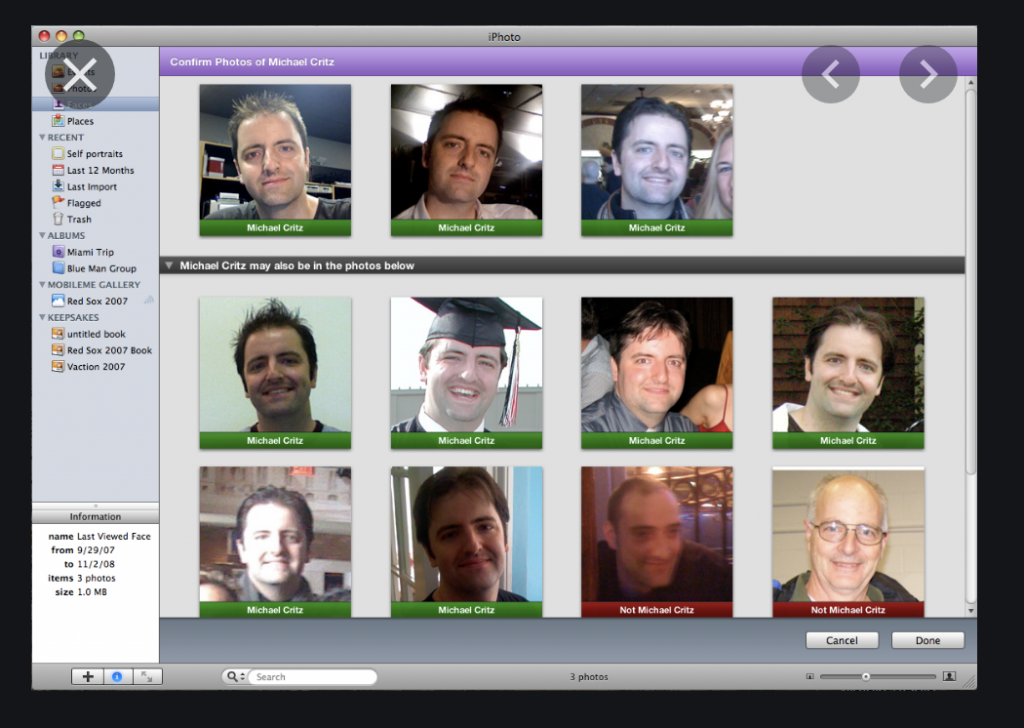
The ACLU is suing for information on the use of a facial recognition program like this one by Homeland Security, which is tracking airport travelers.
Homeland Security Refuses to Reveal Plans for Use of Facial IDs
The American Civil Liberties Union (ACLU) is suing the U.S. government for blocking an investigation by the group into the use of facial recognition in airports. Homeland Security announced in December that it was ditching plans to scan the faces of every person arriving at airports in favor of scanning only those who are not U.S. or permanent residents.
Very little information has been given by Homeland Security about what they’re doing with the facial recognition data. A story on artificialintelligence-news.com describes how human rights organizations have tried and failed to get Homeland Security to reveal their processes.
In a lawsuit filed in a federal district court in New York City last Thursday, the ACLU said it submitted freedom-of-information requests to Homeland Security, Customs and Border Protection (CBP), Immigration and Customs Enforcement (ICE), and the Transportation Security Administration (TSA).
“That’s why today we and the New York Civil Liberties Union filed a lawsuit asking a federal court to order the Department of Homeland Security, CBP, TSA, and ICE to turn over records about the implementation of face surveillance at airports, and their plans to subject travelers to this technology in the future,” the ACLU said in a statement.
“Our lawsuit seeks to make public the government’s contracts with airlines, airports, and other entities pertaining to the use of face recognition at the airport and the border; policies and procedures concerning the acquisition, processing, and retention of our biometric information; and analyses of the effectiveness of facial recognition technology.”
A story last July by the publication on the ACLU highlighed the inaccuracy of Amazon’s facial recognition algorithm – especially when identifying people of color and females.
In the UK, the Equalities and Human Rights Commission (EHRC) called this week for the public use of facial recognition to be halted after trials so far have been nothing short of a complete failure.
Ryan Dawes is the author of this ACLU piece and he covered the other side of the question in an article dated March 6, also in artificial intelligence-news.com. In the earlier piece he quotes a facial recognition lawyer who says:
“Common law has never recognized a right to privacy for your face,” Clearview AI lawyer Tor Ekeland said in a recent interview with CoinDesk. “It’s kind of a bizarre argument to make because [your face is the] most public thing out there.”
It’s a fair point, but it’s not exactly comforting knowing that your face could be stored on a database for unknown purposes without a person giving explicit permission for it to be. Furthermore, Clearview AI isn’t exactly gaining a reputation for being a trustworthy custodian of people’s data.
The right to facial recognition privacy is under review all across America with different municipalities taking various legal positions to limit it in police work and other uses.
read more at artificialintelligence-news.com







Leave A Comment